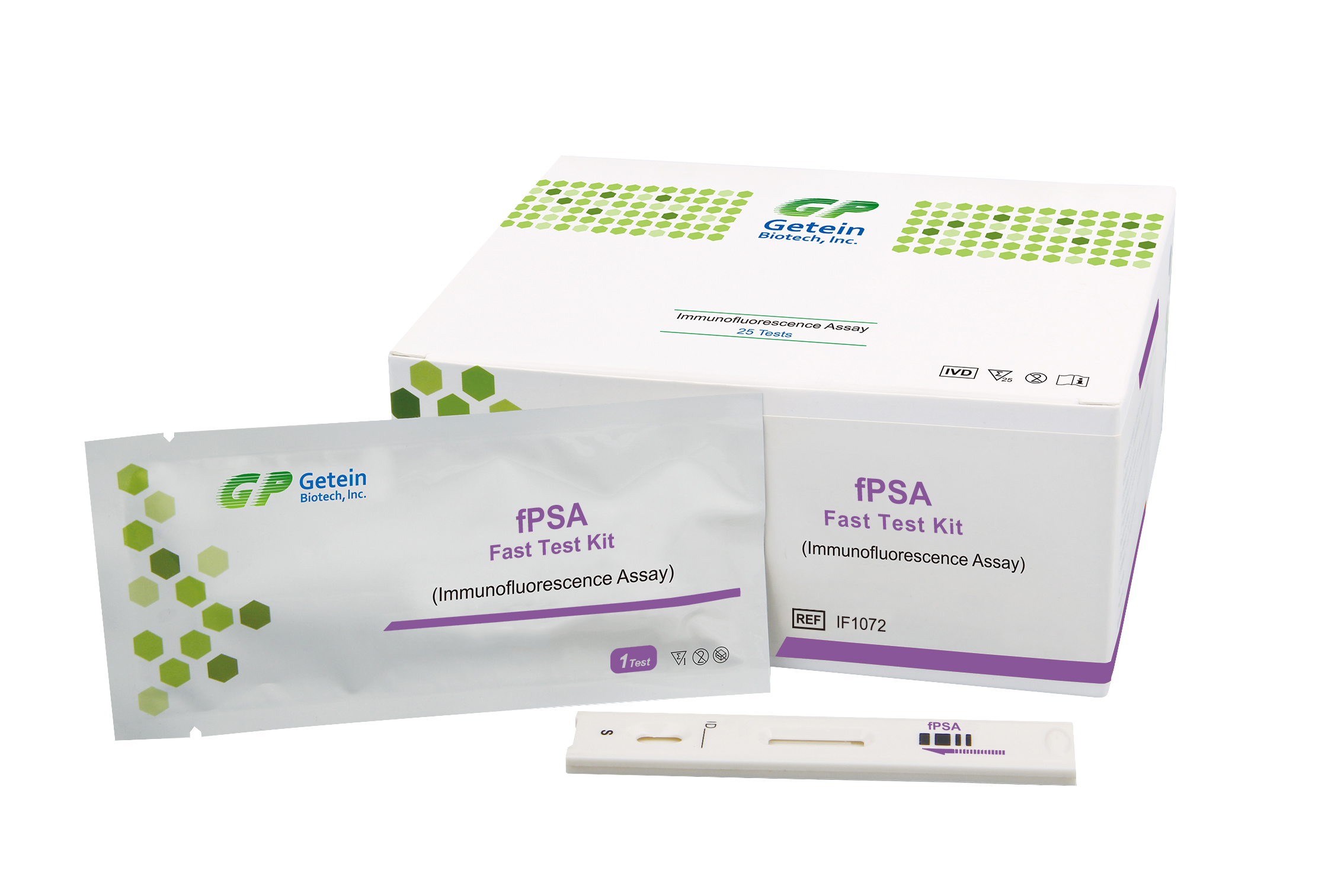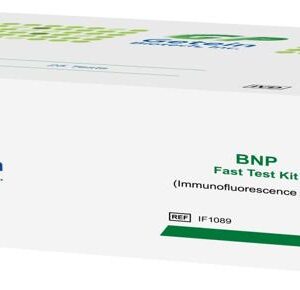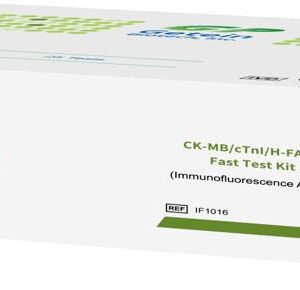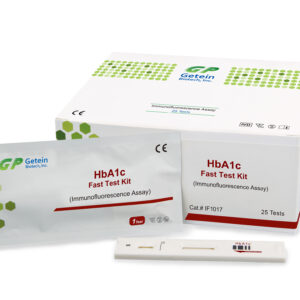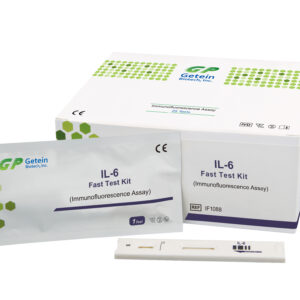Description
Prostate-specific antigen (PSA) is a single-chain glycoprotein with molecular weight of 34 kilodaltons. As a serine protease with chymotrypsin-like activity, PSA belongs to the kallikrein family. PS exists as a free or complex form with protease inhibitors such as a-1-antichymotrypsin (ACT) in blood. PSA is produced mainly by the glandular epithelium of the prostate and is secreted into the seminal fluid in high concentrations.
Low levels of PSA are found in the blood as a result of leakage of PSA from the prostate gland. The function of PSA is the proteolytic cleavage of gel forming proteins in the seminal fluid resulting in liquification of the seminal gel and increased sperm mobility.
PSA tests lack sufficient sensitivity and specificity to be considered ideal or absolutely diagnostic for screening or early detection because PSA is not specific for prostate cancer. PSA is organ specific, but has long been known to be elevated in non-malignant conditions such as benign prostatic hyperplasia (BPH). A number of studies have found that the percent of free PSA was significantly lower in patients having prostate cancer than those with benign disease or normal controls. The ratio fPSA/tSA has subsequently been demonstrated to improve the sensitivity and specificity in patients with tPSA values in the
“gray zone” of 4-10 ng/mL.
An equimolar tSA determination is the prerequisite for reliable ratios. In patients receiving therapy, particularly hormone withdrawal therapy, the fPSA/PSA ratio cannot be utilized to differentiate prostate hyperplasia from cancer of the prostate. Combining tests from different manufacturers to determine tSA and fPSA can produce erroneous values, since total PSA tests may be standardized by differing methods or detect free PSA to differing degrees.

